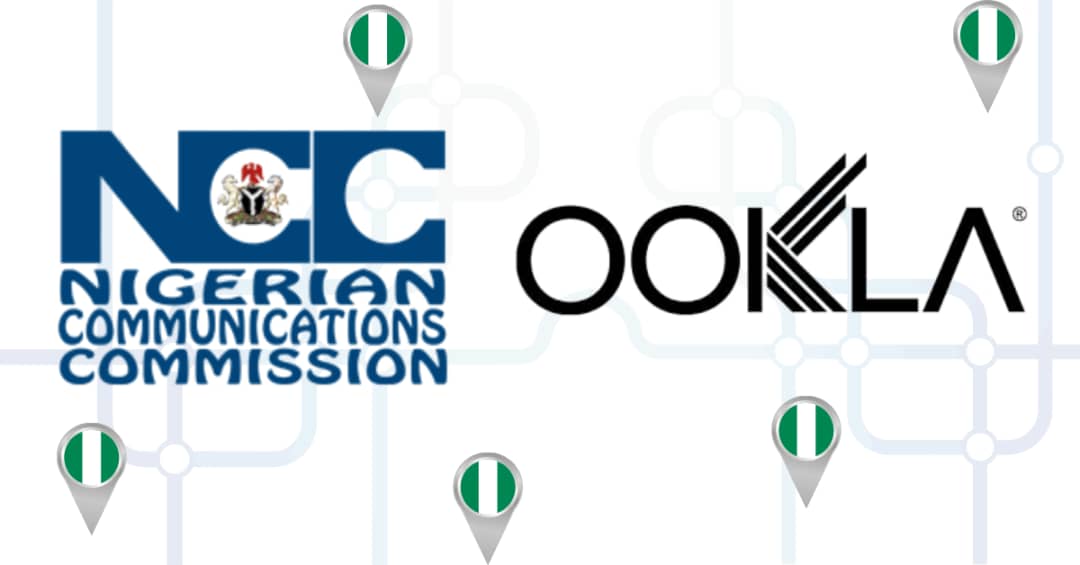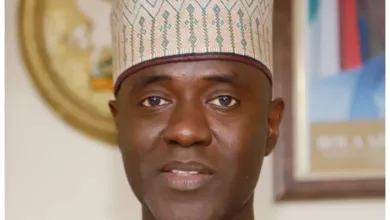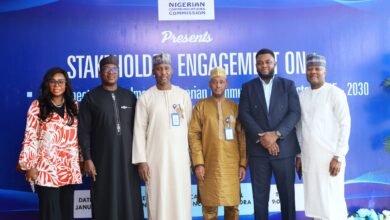Technology
NCC, Ookla launch national coverage map to boost transparency, data-driven telecom regulation

The Nigerian Communications Commission (NCC) has unveiled a public-facing crowdsourcing report and National Coverage Maps, which mark a major step in the country’s drive toward data-driven regulation and improved consumer experience in the telecommunications sector.
The project, launched in partnership with Ookla, a global leader in network intelligence and performance measurement, forms part of the NCC’s Quality of Service (QoS) and Quality of Experience (QoE) crowdsourcing initiative.
With the new coverage maps and crowdsourced data tools, the NCC aims to make Nigeria’s telecom ecosystem more transparent, consumer-focused, and innovation-driven—ensuring that every Nigerian enjoys reliable, high-quality connectivity.
Chip Strange, chief strategy officer at Ookla, while speaking at the virtual launch event on Monday, described the initiative as a defining milestone for Nigeria’s telecom landscape.
“When citizens can see and share performance data, it drives accountability and improvement. NCC’s data-driven regulation marks a defining milestone for Nigeria,” Strange said. “We are proud to support NCC with benchmarking, global best practices, and capacity building through workshops and strategic guidance. Nigeria has the talent and ambition to set the telecommunication agenda in Africa and beyond.”
Aminu Maida, executive vice chairman and chief executive officer of the NCC, emphasised that effective regulation in the 21st century must go beyond enforcement to focus on enlightenment and empowerment.
“For consumers, the platform enables them to compare coverage that best meets their needs. For operators, it provides insights to improve latency and data quality. For policymakers and investors, it guides capital allocation to areas of highest impact,” Maida said.
“Our goal is to make telecoms more understandable and transparent so every Nigerian can see how connectivity affects their daily lives. This launch is a statement that must serve the public good,” he stated.
Ali Benchekh, technical account manager at Ookla, noted that the data-driven insights will help drive transparency, build consumer trust, and improve Nigeria’s position in the global telecom index.
“Nigeria’s network capacity for data services is generally strong, but capacity strain has been observed in major urban areas across all operators,” Benchekh explained.
“To relieve this strain, the most effective strategy is a multi-faceted approach that aggressively deploys 5G while optimizing existing 4G (LTE) capacity. Additionally, expanding 4G into semi-urban and rural areas is crucial to close the digital divide,” he noted.
Benchekh added that improving latency and reducing jitter across networks will enhance stability and ensure high-quality experiences for real-time applications like streaming and online gaming.
Speaking on the next steps, Benchekh highlighted that addressing the coverage gaps in high-demand urban areas like Lagos and Abuja is essential to meet the growing demand from 5G-capable devices.
Edoyemi Ogoh, deputy director, technical standards at NCC, urged Nigerians to report network outages lasting more than 30 minutes as part of the Commission’s data collection efforts.
“Outage reports are key to understanding service disruptions,” Ogoh said, while explaining that the Call Setup Success Rate, a measure of call reliability, is calculated by dividing the number of successful call attempts by total call attempts.




